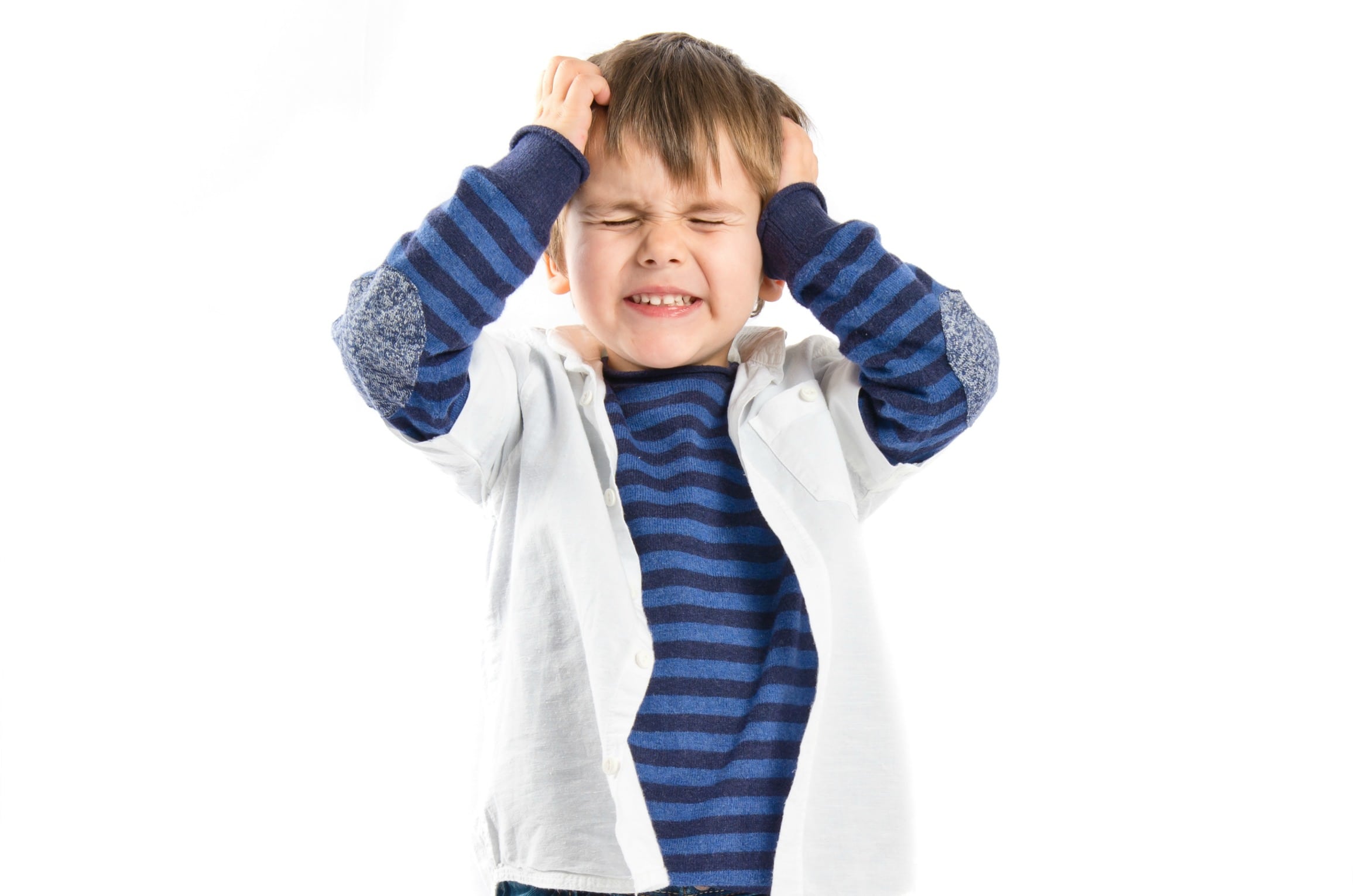Children misbehave. Sometimes it might be simple: your child becomes focused on play and forgets something they’re supposed to do, or they don’t think about their behavior. Other times, it’s part of development, where your child is testing boundaries and limitations as they develop emotionally and mentally. However, behavior that becomes disruptive to your child’s development or others is a sign that your child may need behavioral help. The behavior could be due to major stress, changes, or a behavioral disorder.
What Is a Behavior Disorder?
Behavior disorders are patterns of disruptive or aggressive behavior that are inappropriate to the child’s age and last for longer than 6 months. Sometimes parents or family members are the first to notice behaviors. Other times, outside caregivers like teachers or regular babysitters may notice the behaviors. Parents and family members can miss some warning signs, especially if they develop over time. It’s important to listen to friends, teachers, and other caregivers who express concern about your child’s behavior.

Signs of a Behavior Disorder
Remember that some disruptive behaviors are part of childhood development. For example, two-year-olds typically have tantrums and outbursts as they learn what they can do and the limits around them. They don’t have a way to verbalize their frustration, so it comes out as tantrums. However, an older child who can communicate shouldn’t have frequent outbursts where their anger seems disproportionate to the situation.
Signs that your child may have a behavioral disorder include,
- Drastic changes in behavior or personality
- Frequent tantrums and outbursts, especially if they’re out of proportion to the triggering event
- Feeling sad or withdrawn for extended periods (weeks at a time)
- Intense worry or fear that impedes normal activities
- Harming or threatening themselves, others, or pets
- Damaging property
- Lying or stealing
- Poor school performance or behavior problems at school (skipping school, for example)
- Early smoking, drinking, or sexual activity
- Hostility towards authority figures
Sometimes, you don’t have to wait for serious signs of a behavioral problem to seek therapy for your child.
- Make sure your child makes their scheduled doctor visits and answer screening questions honestly. If you’re unsure about a question, talk to the nurse or doctor.
- If your child has experienced a traumatic event, abuse, or loss of a loved one, talk to their doctor or a mental health professional to ensure they receive proper care.
- Talk to your child. Even if they’re not showing outward signs of behavioral problems, if they express concerns about their feelings or thoughts, it’s best to seek therapy.
Does Your Child Need Behavior Therapy?
If you’re noticing any of the behaviors that we’ve talked about or if you’re doctor has suggested behavior therapy, contact us to set up an appointment. We will help match your child with one of our behavioral experts.







